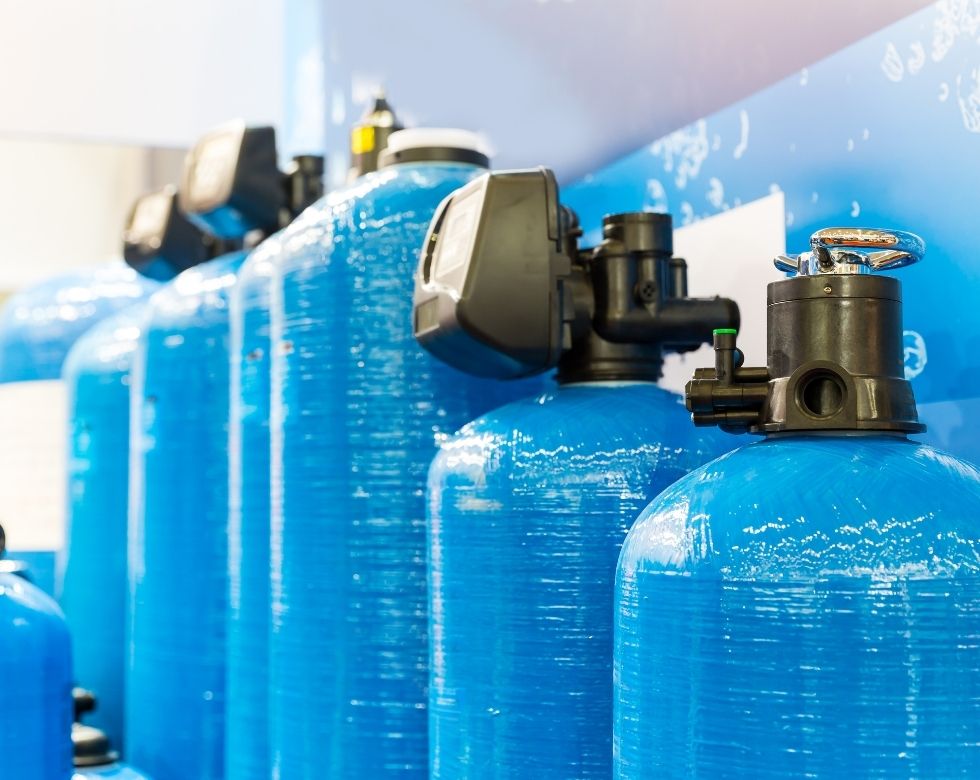The truth about salt-free water softeners is surprising. Despite the name, salt-free water softeners don’t exist in the UK or anywhere else! Instead, what we call “salt-free water softeners” are water conditioners. Here are the pros and cons of salt-free water softeners.
How Do Salt-free Water Softeners Work?
The water softener removes the excess minerals in hard water and replaces them with sodium ions. Salt is a critical tool in water softening systems for ion exchange.
Salt-free water softeners like Springwell Futuresoft (also called water conditioners) are water filtration systems that crystallize excess minerals (magnesium and calcium) in hard water. So, while salt-based softeners do the whole job of getting rid of the source of the water’s hardness, water conditioners simply physically alter the form of the hardness-causing minerals and prevent them from forming scale build-ups.
Advantages of Salt-free Water Softeners
Smaller Size
Water softeners that use salt are often large and take up a lot of space. They also require periodic salt top-ups to function correctly. On the other hand, salt-free water softeners are often more sustainable and compact. They do not need salt to perform. Water conditioners also last longer, and some brand models can last up to 2 or 3 decades before needing replacement. It helps you save money long-term when you choose to purchase a water conditioner or “salt-free” water softener over a typical water softener.
Improved Mechanism
Softeners remove the minerals that cause hardness in water. Conditioners are more focused on the effects of the water’s hardness rather than completely taking out the root cause. They tackle the formation of limescale instead by turning the minerals into tiny crystals. Limescale is the hard, chalky deposit caused by the compound of the excess minerals in hard water. You find it as the build-up in kettles, boilers, pipes, and utensils.
Once you install a water conditioner, it prevents limescale formation right away. It does not increase the sodium content of your water. Excess sodium in water could cause health complications sometimes.
More Affordable
On average, the price of a salt-free water filtration system is considerably less than the first of salt-based filters. Salt-free systems are also much easier to install and operate.
Disadvantages of Salt-free Water Softeners
As already stated, water conditioners do not remove the minerals that cause hardness. After crystallizing the minerals, they remain in the water. By doing so, the water is still hard, and there’s really not much of a difference, except when you look at the state or condition of your kitchen appliances and utensils. T minerals just won’t cause limescale build-up on your utensils and household items. The result is that the water will not be any softer, and it won’t feel nicer or gentler on your skin and hair. In some places where water dries up or evaporates, you may still see some clean, powdery residue left behind.
You must consider these pros and cons when choosing between purchasing a water softener or a salt-free water softener/water conditioner.



